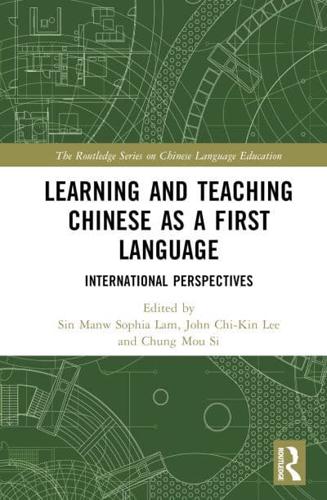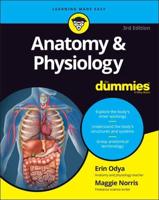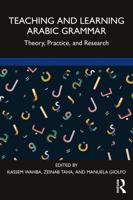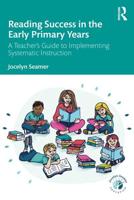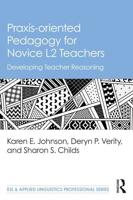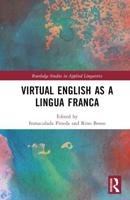Publisher's Synopsis
In this book, the authors embark on a critical investigation of the complex field of Chinese language education, with a particular focus on exploring new trends and teaching and learning. They delve into the intricacies of language, education and its effectiveness in teaching Chinese as a first language.
The book has three objectives: establishing a field of study in Chinese language learning and teaching, providing critical discussion and progressive insights on language education, and offering relevant pedagogical perspectives of learning and teaching Chinese as L1 and L2. The chapters investigate learning and teaching of Chinese in different aspects, including four skills, culture, literature, technology-assisted learning, and learners' identity. By focusing on the teaching practices of Chinese at different levels, it sheds light on teaching Chinese as a first language. Theoretically, it broadens the linguistic and geographical reach of previous works on language education that mainly examine English as a lingua franca or children's first language acquisition. Drawing upon theories in language learning, the book demonstrates the applicability of language theories in the first language and Chinese as a non-alphabetic language and examines the impact and effectiveness of some theories in Chinese learning and teaching.
Academic researchers, teacher educators, teachers and students interested in Chinese language and education will find this a highly relevant text for its focus on curriculum, pedagogy and assessment of teaching Chinese as a first language.
